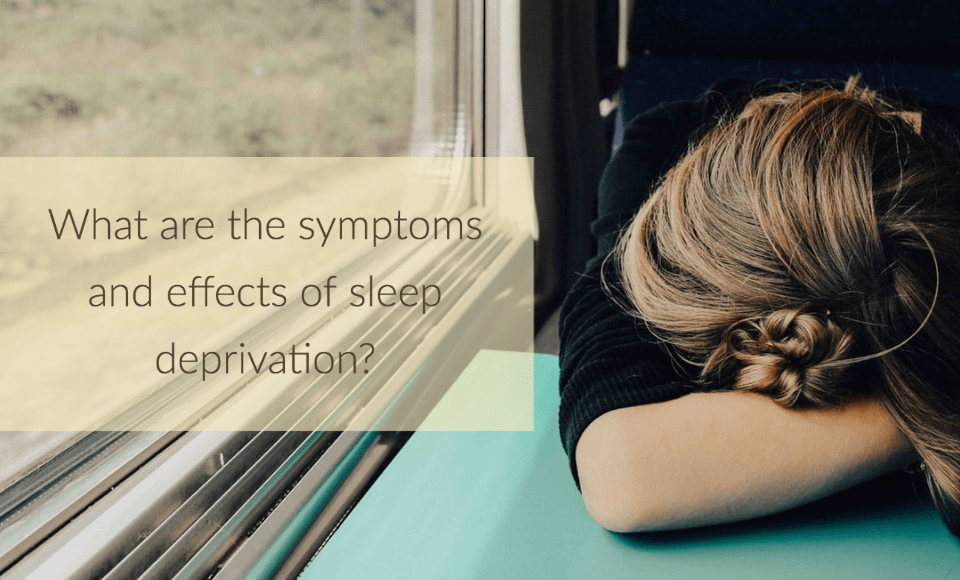Many teenagers, when they go away to college for the first time, will find college to be a true learning experience. Not only are they starting their further education, but they are also learning to live on their own. They no longer have to follow anyone’s rules and many don’t know which rules they should follow.
Many decide that sleep is their last priority. There are so many exciting people to meet and places to see. Who needs to sleep?
During finals week, many stay up to study for the exams without having spent time studying during the term. Unfortunately, cramming for finals rarely provides the results that are expected. Many will learn that if they aren’t sleeping, they really aren’t learning anything.
Our brains are always working. Even when we are asleep, our brains are active and thinking. When we sleep, our brains process everything we have taken in on that day. We don’t really learn anything until we sleep on it. No wonder many do so poorly on their exams. They spent all that time studying but didn’t learn anything.
Symptoms
You may, or may not, be aware that you are not getting enough sleep. If you aren’t sure, look for symptoms of sleep deprivation. Some of these include tiredness, irritability, irrational thoughts, excessive stress, memory or concentration problems, changes in appetite, and vulnerability to sickness. You may be mean, snappy, and exhausted.
What Happens?
When you experience sleep deprivation, your brain slows down. It’s not absorbing any knowledge, nor is it working up to par. Your driving abilities will be compromised, as well as your ability to make snap decisions. It also affects your physical well-being and health. Your body relies on sleep each night for healing.
How much sleep is needed?
You should strive for at least seven or eight hours of sleep each night. While this isn’t always possible, you should get as much sleep as you can. New moms often have interrupted sleep due to caring for their newborns. Try to make up for lost sleep by napping when the baby is napping.
Some people can get by on less than eight hours and some need more. It is simply a matter of finding out what is right for you. If you are only sleeping six hours a night, yet you feel alert, healthy, and relatively non-stressed, you might be OK with that amount.
Children and Teenagers
Small children need up to ten hours of sleep a night to function properly. If they aren’t getting enough sleep they will be grumpy, prone to illness, and may even experience growth or learning problems.
Teenagers are notorious for not sleeping when they are supposed to be and then making up for it during study hall. Teens need more than eight hours of sleep to remain healthy and alert. Try to get your teenager to sleep earlier each night.
What If You Can’t Sleep?
Some of us can’t sleep, even when we desperately need it. This can happen for many reasons, the biggest being stress. Make sure you stay away from caffeine drinks during the second half of your day. If you feel stressed and can’t sleep, think about learning some relaxation techniques to help you relax each day. Yoga or meditation works well for many people. If none of these seem to help, you may want to see your doctor.
Final Thoughts
Sleep is a beautiful thing, just ask small children. They have sleeping down to an art. When things get hectic, you may consider sleeping your last priority. Don’t make this mistake. Give yourself some TLC by getting enough sleep every night.

